- Marine & Family Support
- Information, Referral, and Relocation
- Libraries
-
- Financial Management
- Command Information
- EFMP Courses
- Family Needs Assessment
- DD Form 2792 Reimbursement
- EFMP Resources
- Respite Care Reimbursement Program
- EFMP Newsletters
- EFMP Connections (Mentorship Program)
- Tricare ECHO
- EFMP Forms
- EFMP FAQ
- Enrollment, Updates, Disenrollment
- Incapacitated Adult – Dependency Determination
- Family Advocacy Program
- UPFRP (Unit, Personal & Family Readiness Program)
- LifeSkills Training
- Chaplains Religious Enrichment Development Operation
- Prevention & Relationship Enhancement Program
- L.I.N.K.S.
- Family Member Employment Assistance Program
- New Parent Support
- Community Counseling
- Military & Family Life Counselors
- Substance Abuse
- Single Marine Program
- Voluntary Education
- Volunteer Opportunities
- Wounded Warrior
- Monthly Calendar
Substance Assessment and Counseling Center
Address:
1555 Southgate Road
Bldg. 12
Arlington, VA 22214
Hours of operation:
| Hours | |
|---|---|
| Sunday | Closed |
| Monday | 6:30AM - 3:00PM |
| Tuesday | 6:30AM - 3:00PM |
| Wednesday | 6:30AM - 3:00PM |
| Thursday | 6:30AM - 3:00PM |
| Friday | 6:30AM - 3:00PM |
| Saturday | Closed |
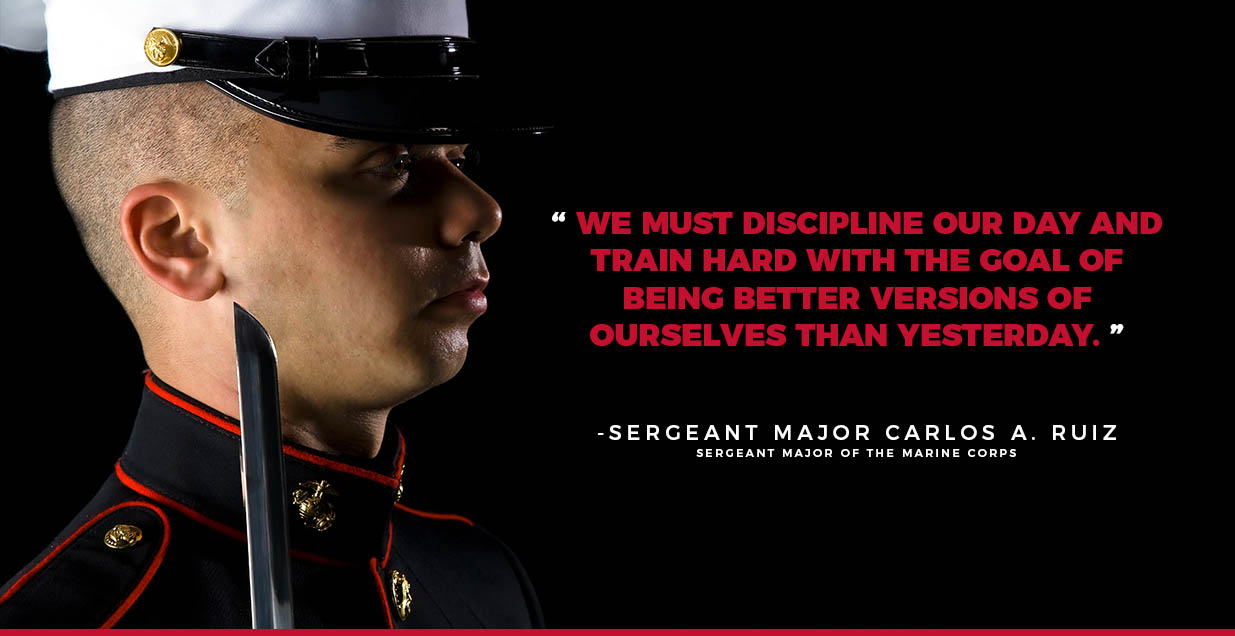
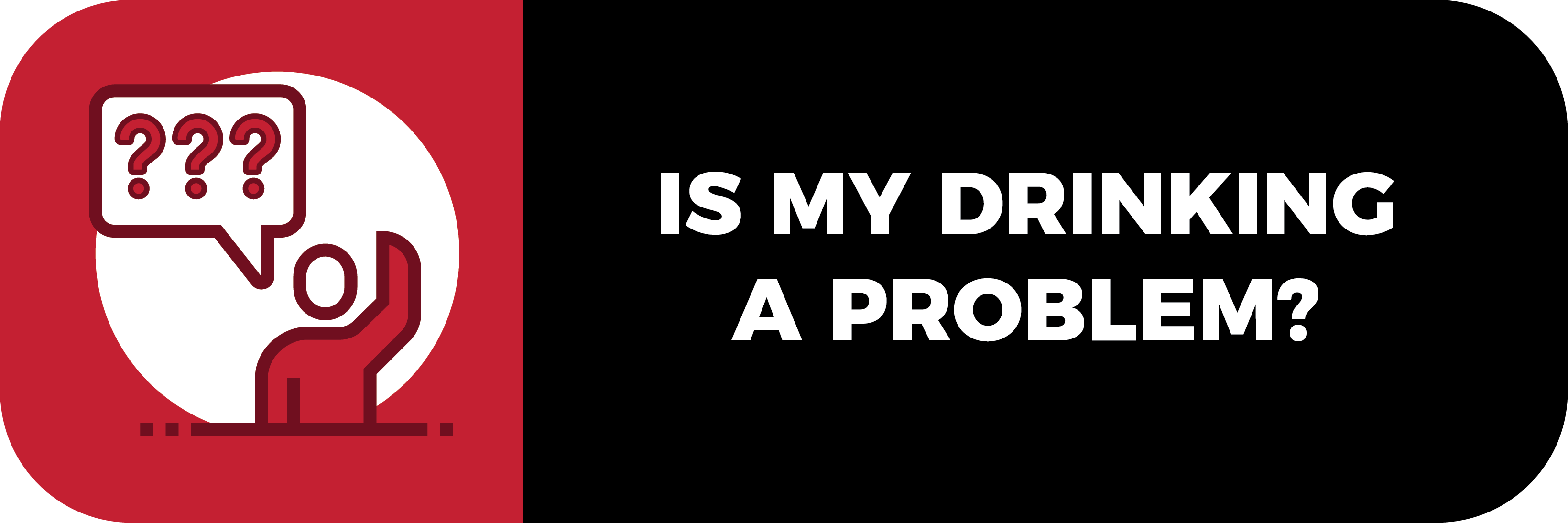
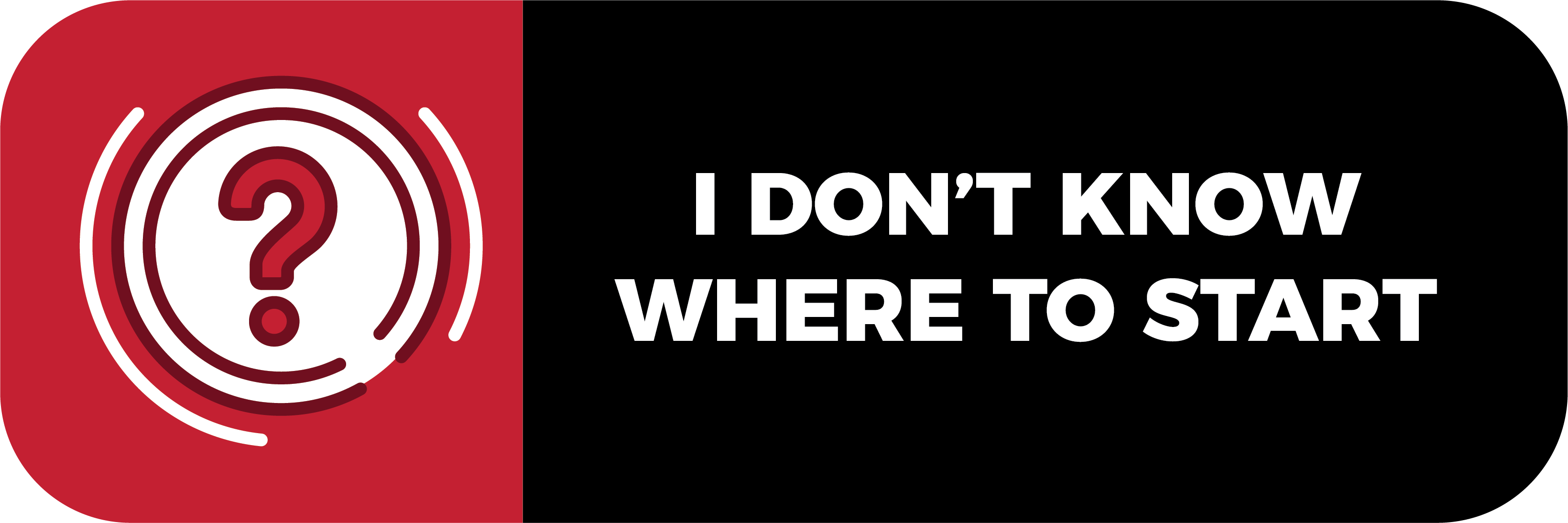
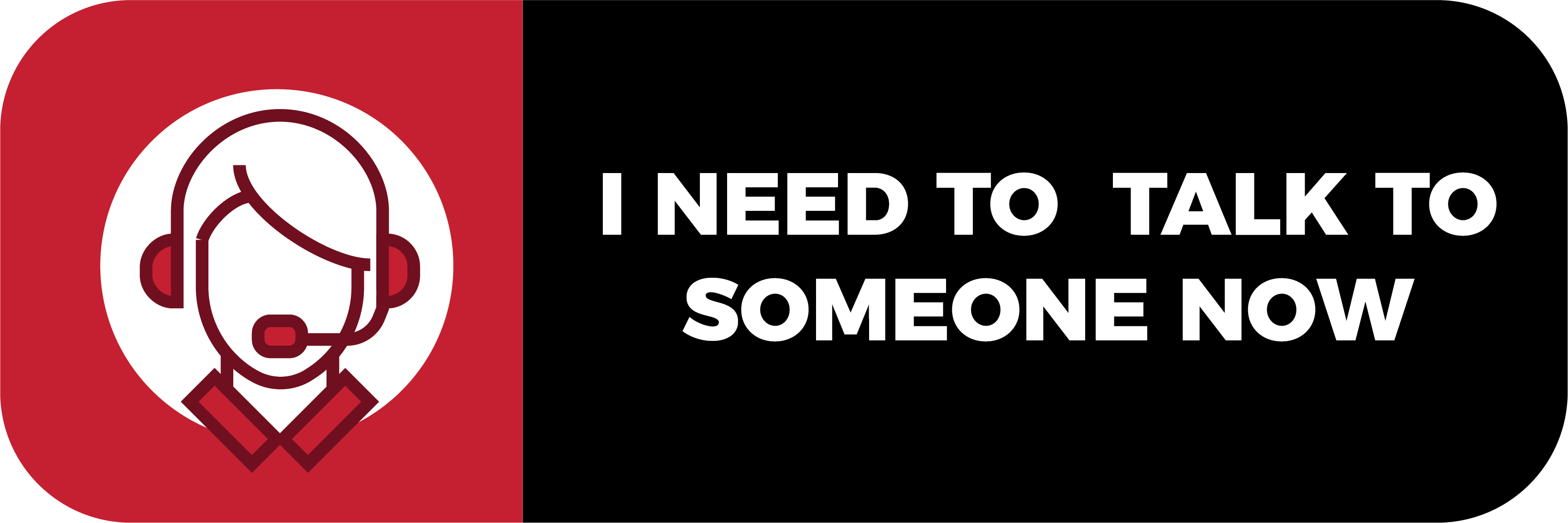
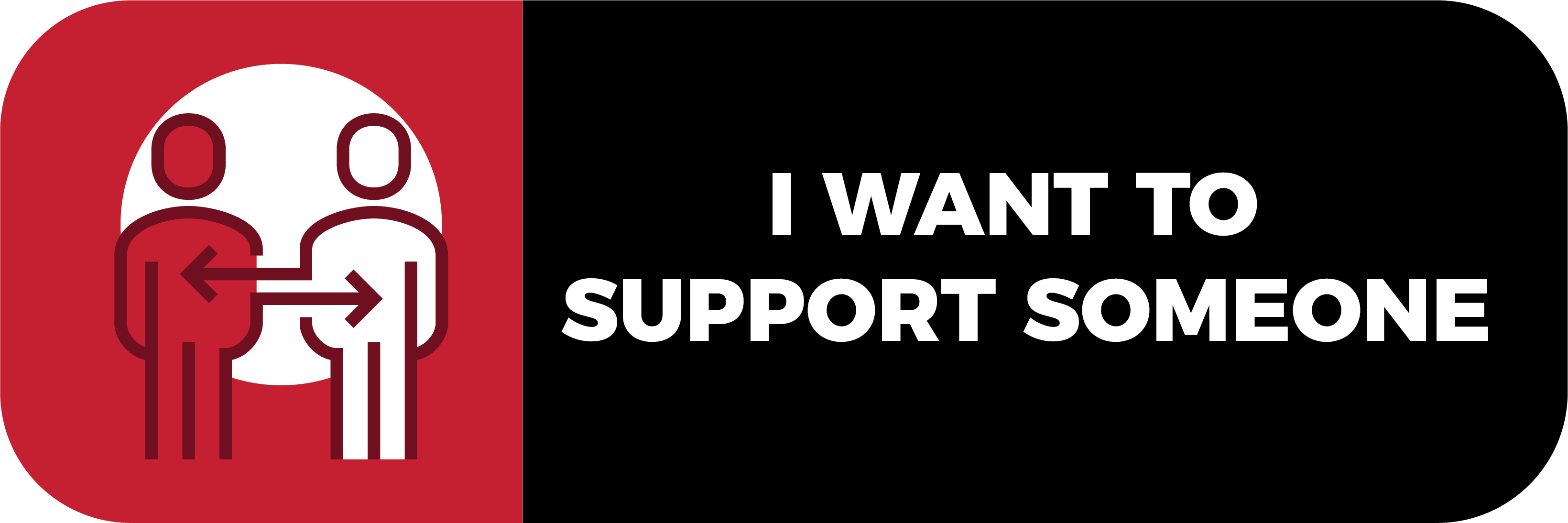
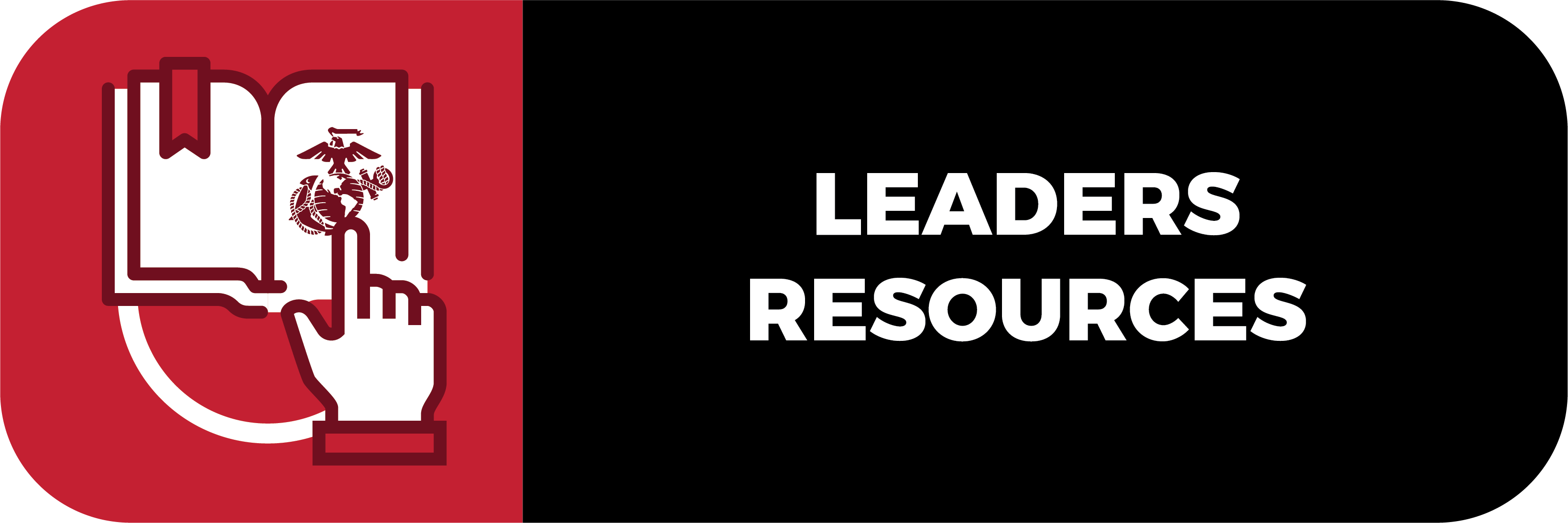


Here are some signs that you may need to make different choices:
- I drink to escape stress, anxiety, sadness, or boredom.
- Someone has been worried about my drinking.
- When I drink, I often say or do things I later regret.
- I look for ways to incorporate alcohol into activities.
- I often drink more than I intended.
- Sometimes after I’ve been drinking I don’t remember things I said or did the night before.
- I have been in legal trouble or have had trouble at work due to my drinking.
- I feel a sense of shame or regret, so I lie about or hide my drinking.
- I have tried to cut back or quit but haven’t been successful.
- "I have a high tolerance"(You need to drink more alcohol to feel the effects.)
- Drinking has negatively impacted my relationships, my health, or my finances.
- I have put myself in dagerous situations when drinking, like driving or swimming.
Here are some strategies you can try to cut back on your alcohol consumption and reduce risk:
- Alternate non-alcoholic beverages between every drink. Water is a great choice and can help prevent dehydration. A glass of water after every standard drink not only slows down the pace of drinking but also may prevent many common hangover symptoms.
- Avoid mixed drinks and taking shots. It is easier to keep track of how many drinks you have if you avoid mixed drinks. Since it takes longer to drink a beer or glass of wine, you consume less alcohol in the same amount of time versus taking shots or drinking mixed drinks with unknown amount of alcohol.
- Set a limit. The National Institute on Alcohol Abuse and Alcoholism’s low-risk drinking guidelines advise not to consume more than two standard drinks per occasion and never exceed three standard drinks per occasion.
- Take a night off from drinking? Practice saying "No" when offered a drink or know what you will say if pressured to drink. Order a “mocktail” in a short glass- this will look like a mixed drink, and no one will ask you why you are not drinking. Most bartenders have been trained to make "mocktails". Informing a bartender of your intention helps you stick with your decision and keep it discreet.
- Enlist the help of a trusted friend. Tell someone your drink limit or that you are taking a night off. Sharing your commitment will keep you accountable. A good friend will run interference and remind you of your goal.
- Identify alternative activities to drink. Try a new hobby or pick back up an old one. Get involved in volunteer work. Play basketball, go on a bike ride, or try indoor rock climbing. Go out and find your fun!
- Record your motivation. Write down a list of reasons you want to cut back. You can also include financial, employment, and relationship goals that drinking might impact. Keep the list in your pocket or in your phone to remind yourself before drinking of your "why."
- Identifying Triggers Think about what motivates you to drink and identify healthier alternatives, such as engaging in exercising to relieve stress or limiting your access to alcohol by not keeping it in the home. Avoiding certain environment that promote drinking, such as socializing in a bar, can also help support your efforts to reduce or stop drinking.
Many Marine Corps installations have programs and professionals available to provide support. Some of the resources are: Substance Assessment and Counseling Program, Community Counseling Program, Family Advocacy Program, Chaplains, and Military OneSource. Contact your local installation to inquire about services.
Military OneSource: Non-medical confidential counseling
800-342-9647 | OCONUS dialing options
Outside Military Support
If you prefer working with someone outside of the military network, there are also civilian counseling options available. Get started by calling the Substance Abuse and Mental Health Services Administration (SAMSHA) at 800-662-4357. Before engaging with a civilian provider, inquire about the cost. Many providers offer sliding scale fees or accept insurance.
I need to talk to someone now
Need Support Now? We're Here to Help.
A crisis can look different for everyone, but generally, it involves feeling overwhelmed, unsafe, or unable to cope. A crisis related to substance misuse can happen at any time. Signs of a substance misuse crisis include:
-
Increased substance misuse despite efforts to stop.
-
Severe cravings or loss of control over substance misuse.
-
Dangerous behavior such as driving while impaired.
-
Physical symptoms like withdrawal, fatigue, memory loss.
-
Mental health concerns such as depression, anxiety, hallucination, disconnecting from reality, confused thinking or suicidal thoughts triggered by substance misuse.
-
Negative impact on relationships, work, or other areas of life.
If you're experiencing any of the above signs or if you’re unsure whether you’re in crisis, please reach out. You don’t have to figure it out alone—help is available, and it's okay to ask.
The Substance Assessment and Counseling Program provides support for substance misuse but does not offer emergency or crisis services. If you're in immediate danger or experiencing a crisis related to substance misuse, please call 911 or your local emergency services number.
On-Base Support Resources
Many Marine Corps installations have programs and professionals that can provide referrals and support to ensure you receive the appropriate level of care. Some of the resources include: Substance Assessment and Counseling Program, Community Counseling Program, Family Advocacy Program, Chaplains, and Military OneSource. To learn more about the specific services available at your installation, please contact your local installation to inquire about services.
Military OneSource: Non-Medical Confidential Counseling
Military OneSource offers confidential, non-medical counseling services available 24/7 for you and your family. Call 800-342-9647 or visit their website for OCONUS dialing options.
Outside Military Support
If you prefer working with someone outside of the military network, there are also civilian counseling options available. Get started by calling the Substance Abuse and Mental Health Services Administration (SAMSHA) at 800-662-4357. Before engaging with a civilian provider, inquire about the cost. Many providers offer sliding scale fees or accept insurance.
Recognizing the need to make different choices can be challenging for many people. Often, having support makes it easier to make lasting changes. A friend or family member can offer valuable encouragement yet working with an experienced counselor or professional may be the best approach to help some individuals achieve the changes they need. There are many resources available within the Marine Corps as well as outside of the military network.
Start the conversation-
When someone is making high-risk alcohol or drug related choices, they need your help and support to make healthier alternative choices. Approaching the situation with understanding and without judgment is essential in supporting them. Let them know you care about their well-being and share your concerns about their behavior. Be specific about what you noticed and why it worries you. Offer resources and suggest going with them to seek help. While they may not act on your advice immediately, by having the conversation, you are showing them that they can turn to you for support when they are ready to make a change.
When alcohol isn't the problem
Using any illicit substance, even once, can put everyone at risk. Many people are not aware that misusing prescription or over the counter drugs can be just as dangerous. Prescription drug misuse is a growing issue, and misusing prescription medications, like opioids or over-the-counter medicines, in ways they were not intended can lead to serious health consequences. The following are ways someone might be putting themselves at risk:
- Taking medicine prescribed for someone else
- Taking a larger dose than prescribed
- Using the medicine in a way than directed, such as crushing, snorting or injecting
- Taking medicaton for longer than prescribed or when it is no longer needed
- Using old or expired medication
- Taking substances provided to you without knowing its contents or what it is
-
Remember, the DoD has a no tolerance policy for illicit and prohibited substances. Be alert and careful regarding what you put in your body.
Resources
The Marine Corps Leadership has a critical role in educating Marines and their families about substance misuse, overall wellness, and how to access services that them as they navigate life.
Below is some useful information and resources for navigating substance misuse in your unit.
Taking care of Marines is the top priority - every day and doing it well requires constant training. The best leaders are dedicated learners, constantly seeking out knowledge to improve their leadership and support efforts. The Marine Corps Warfighter Mental Readiness Playbook is a guide for effective influence.
COMMAND LEADERSHIP RESPONSIBILITIES
DoD Instruction 1010.04 establishes a comprehensive, enterprise-wide policy on high-risk substance use. It assigns responsibilities and establishes procedures for prevention, identification, and the delivery of services for DoD military and civilian personnel.
DoD Instruction 1010.01 and DoD Instruction 1010.16 establish the military drug testing programs and procedures for establishing deterrence, identifying substance misuse and ensuring fleet readiness.
MCO 5300.17A W/ ADMIN CH-1 ensures the higher level policies referenced in the order are used in creating, establishing, maintaining, funding and reinforcing local command substance misuse prevention and non-medical counseling programs and procedures.
When signs of substance misuse are present, the Marine should be referred for screening and assessment. Ignoring these signs often exacerbates the problem, affecting the Marine’s mission readiness. By promptly referring the Marine suspected of misusing alcohol or other substances for screening and assessment, you are supporting your Marines’ well-being and setting them up for success.
Substance Assessment and Counseling Centers (SACC) are located on all major installations. They offer prevention, education, screening assessment, and non-medical counseling services.
Military OneSource: Non-medical confidential counseling
800-342-9647 | OCONUS dialing options
KNOW THE SIGNS
Certain behaviors can indicate a Marine may be misusing alcohol or illicit substances, especially if the behavior is new, has increased, or seems linked to a painful event, loss, or change. Some indicators include:
- Shift in personality or mood
- Unkempt appearance
- Frequent tardiness, absenteeism, or illness
- Reports of frequent drunkenness, or dangerous or risky behavior
- Sudden unexplained difficulties
- Sudden relationship issues, including conflict and estrangement, among partners, coworkers, family or friends
Additional Resources
Substance misuse prevention promotes no/low risk alcohol use, advocates for the proper use of prescription and over-the-counter medication, and seeks to eliminate illicit drug use through outreach, training, and education. Services may be available at your installation or one near you. Services may be available at your installation or one near you.
Non-medical confidential counseling is also available through Military OneSource:
800-342-9647 | OCONUS dialing options
Here are some resources you may find helpful:
- AA Online Meetings
- National Institute on Alcohol Abuse and Alcoholism - Consumption
- Alcohol Use Effects on Men's and Women's Health
- Alcohol Use and Your Health
Women
- National Institute on Alcohol Abuse and Alcoholism - Women and Alcohol
- Substance Use While Pregnant and Breastfeeding
Other articles
- Binge drinking: What You Need to Know and How to Prevent It
- Five Practical Tips for Low Risk Drinking
- Less Alcohol/More Fitness Gains
- Alcohol and Energy Drinks Don't Mix
- Protect What You've Earned - Know the Signs of Alcohol Misuse
- Alcohol and the Body
- Are You a Risk Taker?
- How Substance Misuse Affects Your Children